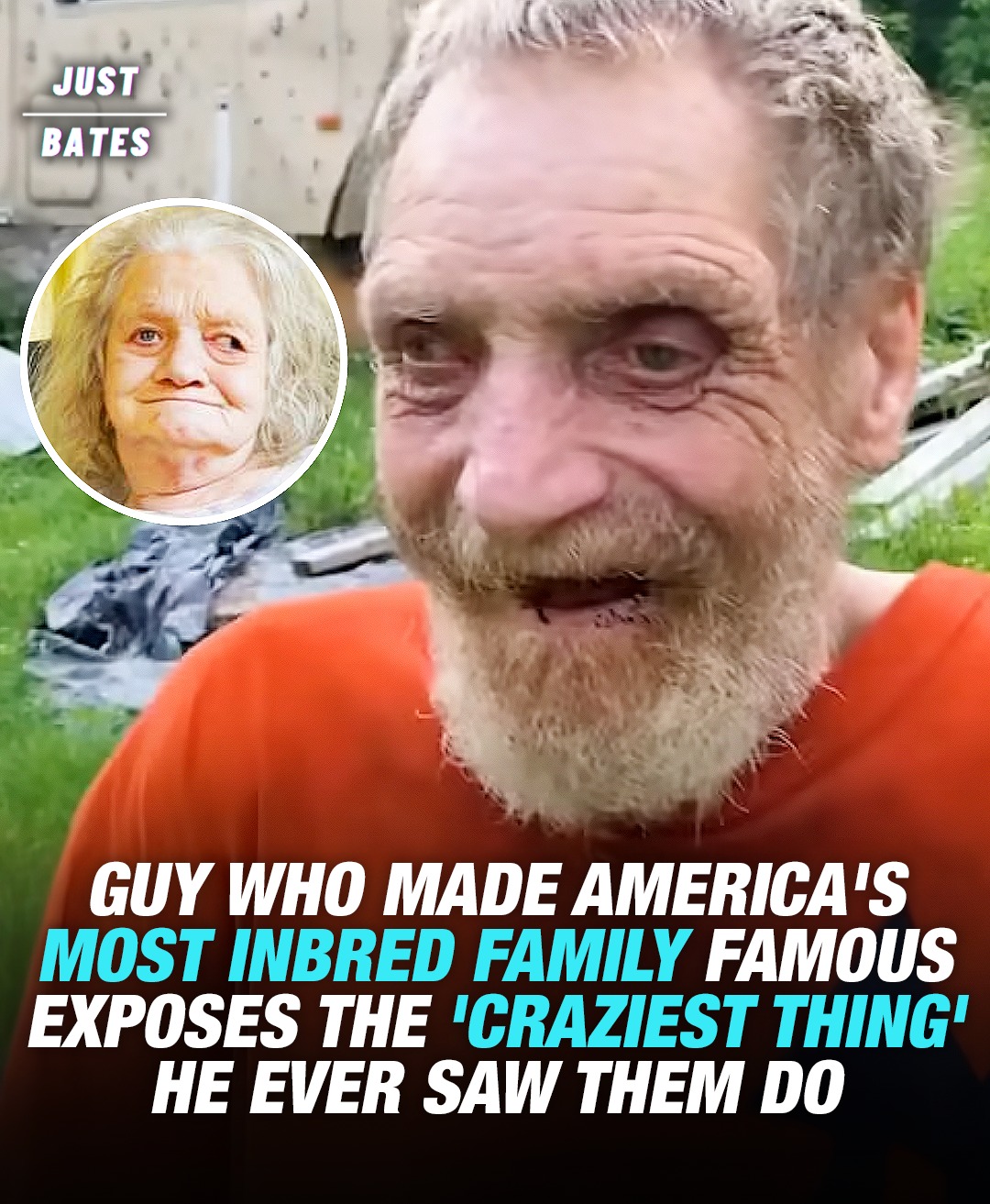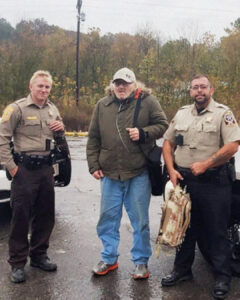The Whittaker family, located in Odd, West Virginia, became famous for their unique way of communication and their infamous reputation as America’s most inbred family. For over two decades, filmmaker Mark Laita has documented their lives, providing the world a glimpse into their isolated existence. However, Laita has now issued a strong warning to anyone thinking of visiting the Whittakers, stressing that it’s not what it seems on the surface.
Who Are the Whittakers?
The Whittakers, consisting of members like Ray, Betty, Kenneth, Timmy, and Lorene, are known for their peculiar manner of communication. They don’t speak in conventional words but rather grunt, bark, or use gestures. Their behaviors, which some have linked to possible inbreeding, make them the subject of many internet discussions and documentaries. However, their story is more complicated than simple curiosity.
Mark Laita first met the family in 2004, during a tense and hostile encounter. The neighbors, armed with shotguns, were suspicious of outsiders and their intentions. Despite this, Laita persevered and eventually gained the Whittakers’ trust. Through his lens, he captured their lives for his book Created Equal, which explores diverse American cultures. His relationship with the family deepened, culminating in a 2020 return to document their lives in greater detail.
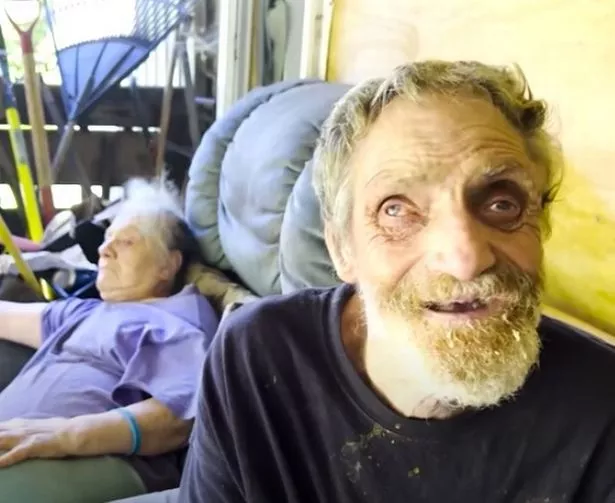 The Whittakers are known to bark, grunt, and use gestures to communicate. Credit: Soft White Underbelly via YouTube
The Whittakers are known to bark, grunt, and use gestures to communicate. Credit: Soft White Underbelly via YouTube
The Impact of Inbreeding on the Whittakers
Laita’s footage and interviews shed light on the severe effects of possible inbreeding on the family’s health. Though Laita can’t definitively confirm that the parents are related, he strongly suspects that inbreeding plays a role in the family’s physical and mental health issues. His observations of their misaligned eyes and unpredictable behavior suggest that inbreeding could have exacerbated their conditions.
However, Laita’s work hasn’t been without controversy. His fundraising efforts to improve the family’s living conditions led to misunderstandings and disputes. At one point, Betty Whittaker claimed ignorance about what happened to the money raised, which led to a rift between her and Laita. The situation escalated when a video from YouTuber Tyler Oliveira further questioned the integrity of these fundraisers. Laita has defended his actions, showing evidence of the money transfers and expressing frustration over the lack of transparency.
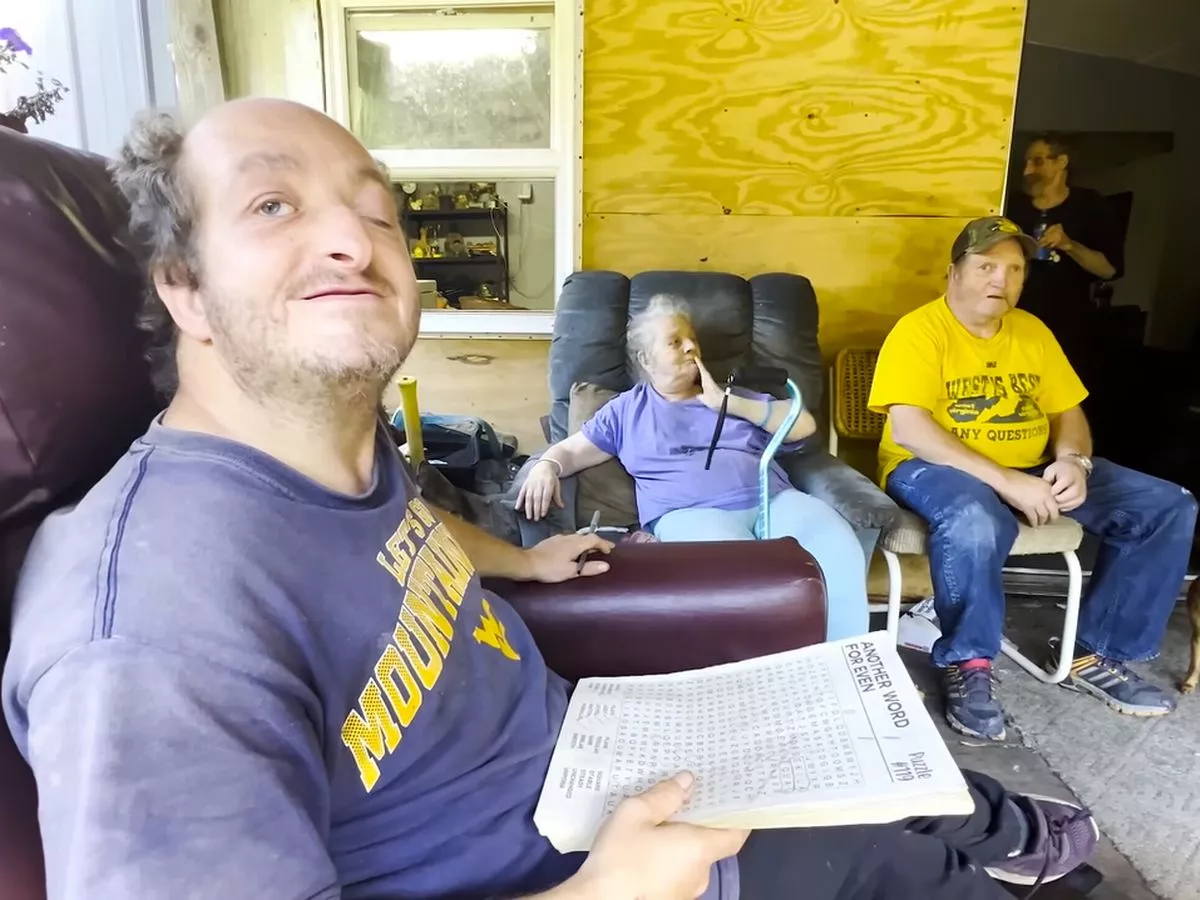 The Whittakers, who live in an isolated area, are protected by neighbors. Credit: Soft White Underbelly via YouTube
The Whittakers, who live in an isolated area, are protected by neighbors. Credit: Soft White Underbelly via YouTube
The Whittakers’ Complex Relationship with the Public
Laita’s footage also revealed how the Whittakers’ story was exploited by outsiders. While some people aimed to help the family, others came with ill intentions, eager to mock or take advantage of them. For instance, a scandal emerged when Larry Whittaker was falsely reported dead. A relative lied about his death to collect money for the supposed funeral, leading to further drama and strain on the family’s already complicated relationships.
The film “Soft White Underbelly” depicts these events, showing the family’s struggles with drug addiction, poverty, and public exploitation. Mark Laita provided money for Larry to move to North Carolina with his daughter in the hopes of helping them start anew. Unfortunately, Larry’s failure to follow through on the plan caused another rift between him and Laita.
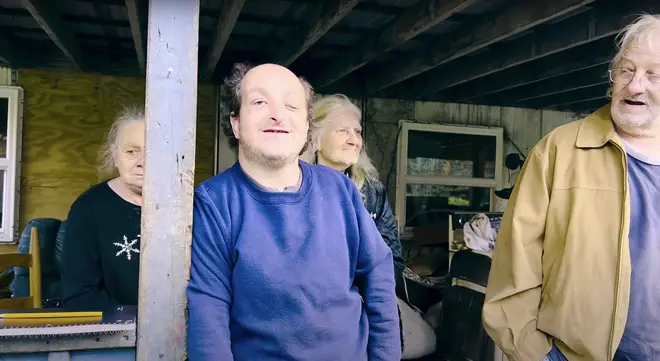 Mark Laita has documented the Whittakers for several years. Credit: Soft White Underbelly via YouTube
Mark Laita has documented the Whittakers for several years. Credit: Soft White Underbelly via YouTube
Laita’s Final Warning
In his most recent update, Laita urges the public to refrain from visiting the Whittakers. According to him, the family is protected by their neighbors and relatives, and they are unlikely to receive a warm reception. Laita warns that outsiders coming to mock or exploit the Whittakers will be met with resistance from the community. While some of Laita’s efforts have indeed improved the family’s situation, he acknowledges the negative impact that public interest has had on their lives.
“I think the documentary about them is good and bad,” said Pastor William Plumley, a local who has witnessed the Whittakers’ plight. “Good because it has helped them. But also, it’s brought a lot of people to the area who just want to mess with them.”
The Whittakers’ Legacy: A Family’s Struggle for Privacy and Dignity
While the Whittakers’ story has drawn significant attention, it also raises questions about the ethics of documenting vulnerable families for entertainment or educational purposes. Despite the good intentions behind the documentaries, there is a growing sense of discomfort surrounding the exploitation of their privacy.
Laita’s cautionary advice reflects the complexities of such documentary work. The Whittakers’ lives have been on display for public consumption for years, and while some viewers are moved by their struggles, others see them merely as a curiosity. The fine line between helping and exploiting is something that the Whittakers, Laita, and others involved in this story are all too familiar with.
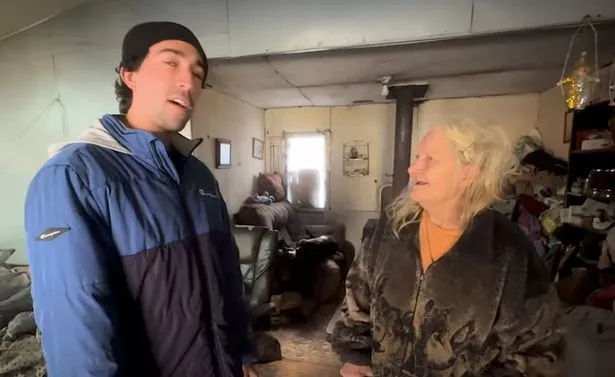 Betty Whittaker claimed to a famous YouTuber that she didn’t know what had happened to the money raised for her family. Credit: Tyler Oliveira via YouTube
Betty Whittaker claimed to a famous YouTuber that she didn’t know what had happened to the money raised for her family. Credit: Tyler Oliveira via YouTube
Full Story: Read About How a Man Lost 360 Pounds Naturally and the Internet Rallied to Support Him
Full Story
Conclusion: The Impact of Public Attention on Vulnerable Families
The Whittakers’ story serves as a reminder of the dangers of public curiosity. Families like the Whittakers deserve respect and privacy, rather than being reduced to spectacles for entertainment. Mark Laita’s warning is a call for others to consider the consequences of invading such private spaces. Though documentaries can serve as powerful tools for education and awareness, they also carry the responsibility of ensuring the dignity and safety of the subjects involved.
If you’re curious about other compelling stories, check out this article on Tammy Hembrow’s bikini photos that are causing a stir on the internet.
Full Story
By following the advice shared here, visitors and content creators alike can reflect on how their actions might affect vulnerable individuals, and whether their curiosity might ultimately harm rather than help.
